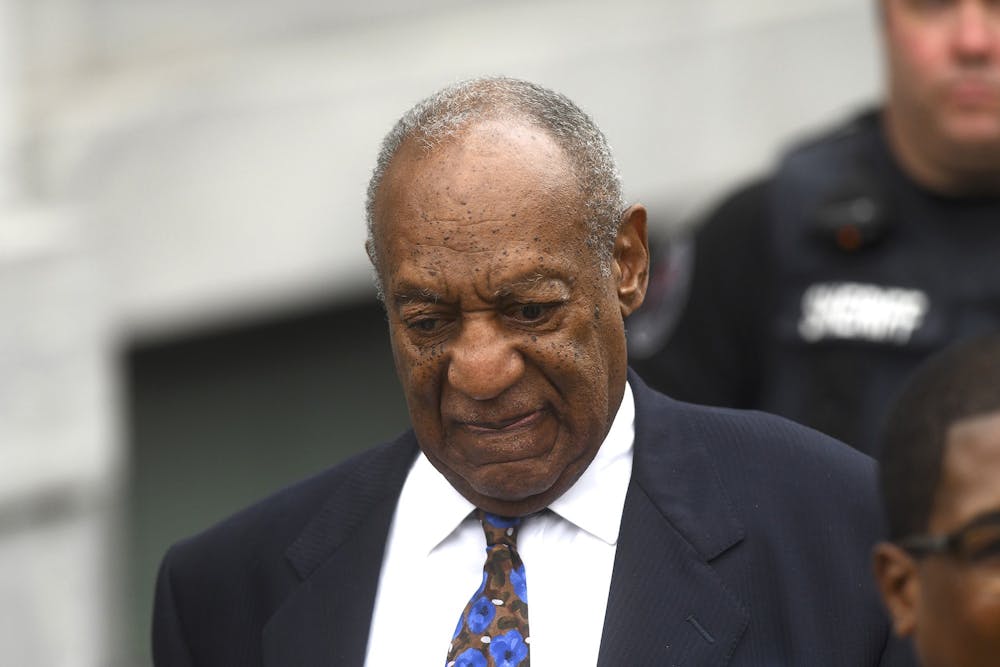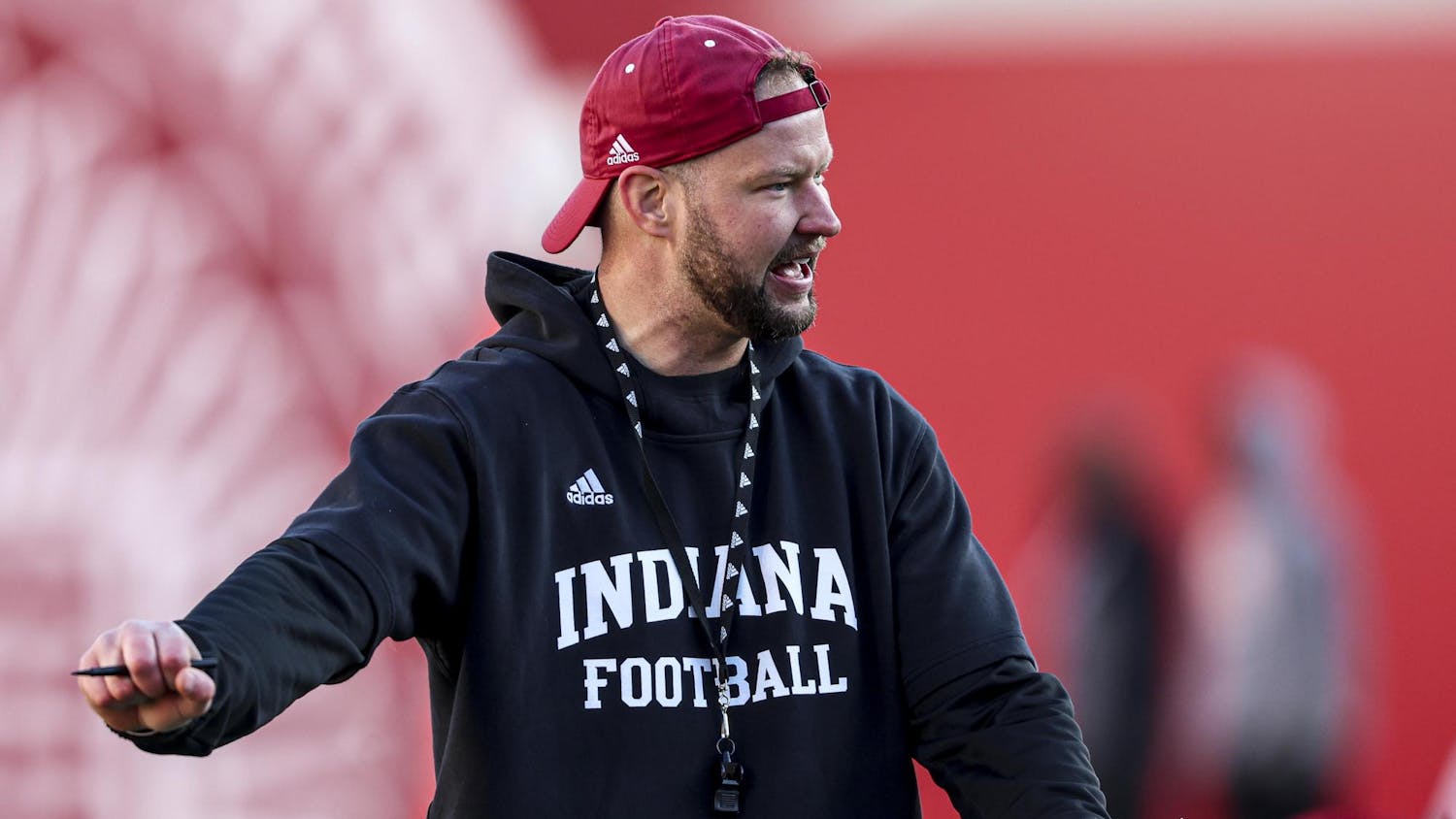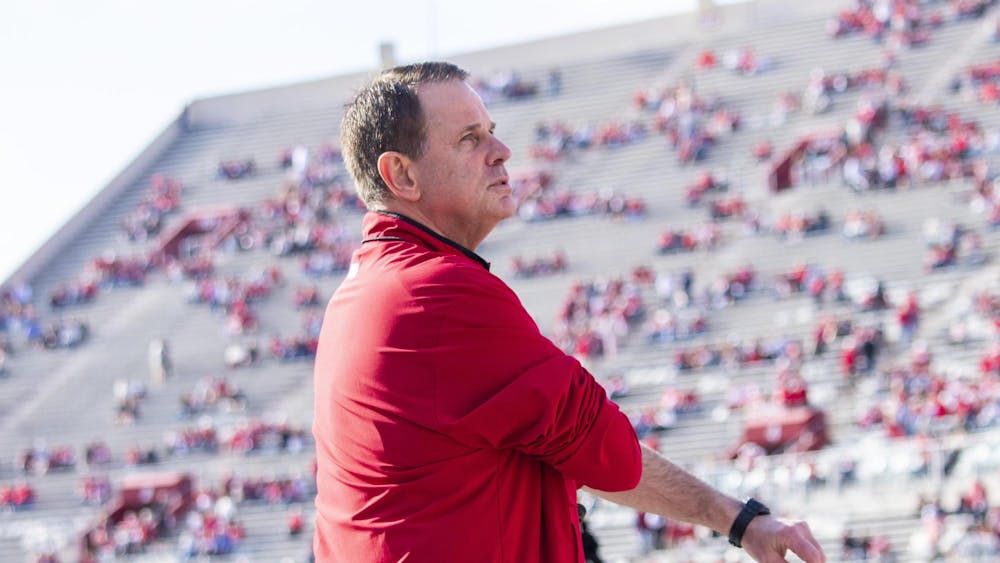Deep Black girl sigh.
I recently watched the Showtime documentary “We need to talk about Bill Cosby.” I was born in 2000, and I was not alive when “The Cosby Show” or “Fat Albert,” both cultural hallmarks, first aired. I was introduced to them by my family. They are integrated in Black culture. From “The Cosby Show” to his Black history special “Black History: Lost, Stolen or Strayed,” Bill Cosby was a staple in Black culture.
Honestly, the recent documentary made me sick. Not because it was bad, but because it was the truth.
Let me start by saying I believe the victims and their stories. From Cosby’s deposition alone, I don’t see why people are so quick to call his accusers liars. When asked if he had given his victims quaaludes — a central nervous system depressant which acts as a sedative — he said yes.
Between his deposition, his book “Childhood” and various other breadcrumbs, it seems as if Cosby had always been implicitly exposing his darker side to us. However, the issue is the public didn’t know where to look, nor did they want to believe it.
When the allegations gained traction on social media, celebrities started to respond to the controversy.
"Forget these women, what you're seeing is the destruction of a legacy," Phylicia Rashad said in an interview with Showbiz 411. "It's a legacy that is so important to the culture."
Rashad received backlash for her dismissal of the women who were hurt by Cosby. She based it on the fact she never saw any indication of the behavior the women described, as if to be around a predator you must be attacked. To imply these women are liars because she didn’t see the attack or get attacked is sick.
Considering some of the alleged assaults were on the set of “The Cosby Show,” it’s interesting she never heard a rumor, a whisper or anything. Even if she did, Cosby has admitted to using his wealth and power to protect his image. So would she have said anything if she did suspect?
Rashad responded to the backlash and said she was misquoted and didn’t intend to be so dismissive.
Some people believed a false narrative about all the women accusing Cosby being white, therefore questioning the validity of their accusations.
This is not true. There were plenty of Black and other BIPOC victims. I understand the suspicion to some extent, considering white America has often falsely vilified our children, heroes and leaders—especially with the use of white women and their tears. It was a white woman who falsely accused Emmett Till and Linda Fairstein, a white woman, who wrongfully prosecuted and helped convict the Central Park Five.
The issue is that Cosby isn't innocent. By his own admission, he’s hurt people. The only reason he’s free is because of a legal technicality.
We can’t keep letting these predators and criminals go judgment-free just because we want the “Black man to win.” In fact, it’s perpetuating the very stereotype which got Emmett Till and countless others killed. How long have we been fighting the portrayal of the “Black savage” or “The Brute”? We can’t argue not all Black men are savage rapists and beasts but turn a blind eye to monsters like Cosby. And the worst part is we knew. People knew then and people know now—whether we act on that is a different thing.
I urge everyone to watch this documentary with a clean slate. We owe it to these women, if nothing else, to hear their stories without predetermined bias. I understand for some, Cosby was a comedic genius, Black teacher and pioneer, but he also did a lot of disgusting things.
I think Kierna Mayo, writer and former Ebony Editor-in-Chief, said it best: “We thought we knew Cosby, we never really knew Cosby.”






